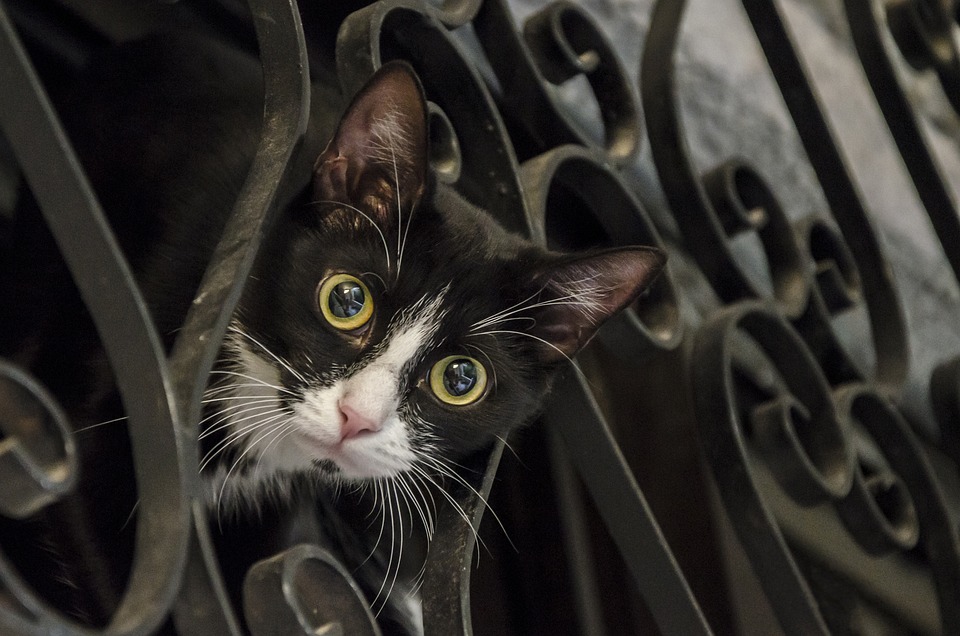Cats are known for their independent nature, but even the most self-sufficient feline can get bored or inactive from time to time. Mental enrichment plays a crucial role in keeping your cat happy and healthy. Engaging your cat’s mind can prevent behavioral issues, stimulate their natural instincts, and provide them with the mental stimulation they need. In this article, we will explore various ways to provide mental enrichment for a bored or inactive cat.
Understanding the Importance of Mental Enrichment
Before delving into the strategies for mental enrichment, it’s essential to understand why it is important for your cat. Mental stimulation helps prevent boredom, which can lead to destructive behavior, excessive grooming, overeating, or even depression. Engaging your cat’s mind helps keep them physically and mentally fit, promotes their overall well-being, and strengthens your bond with them.
Creating a Stimulating Environment
Creating a stimulating environment is the foundation for providing mental enrichment for your cat. Here are some ways to ensure your cat’s environment is engaging:
1. Provide Vertical Spaces: Cats love to climb and perch. Install cat shelves, cat trees, or provide window perches to allow your cat to observe their surroundings from different heights.
2. Interactive Toys: Invest in interactive toys that encourage your cat to play and think. Puzzle feeders, treat-dispensing toys, or toys with hidden compartments can keep your cat entertained while providing mental stimulation.
3. Rotate Toys: Cats can quickly become bored with the same toys. Rotate their toys regularly to keep their interest piqued. Introduce new toys occasionally to keep them engaged.
4. Window Entertainment: Place a bird feeder or birdbath near a window to provide visual stimulation for your cat. Watching birds or squirrels can keep them mentally engaged.
Engaging Your Cat’s Senses
Cats rely on their senses to explore the world around them. Engaging their senses can provide mental stimulation. Here are some ideas:
1. Scent Enrichment: Introduce new scents to your cat’s environment. Use catnip, silver vine, or cat-friendly herbs (such as valerian or honeysuckle) on toys, scratching posts, or bedding to provide olfactory stimulation.
2. Auditory Stimulation: Play calming or nature sounds to create a soothing environment for your cat. Classical music or specially designed pet relaxation music can help reduce stress and anxiety.
3. Visual Stimulation: Use toys that mimic prey movements, such as feather wands or laser pointers, to engage your cat’s hunting instincts. Provide a window perch to allow them to watch the world outside.
Interactive Playtime
Regular interactive play sessions are essential for mental enrichment. Here’s how you can make playtime more engaging for your cat:
1. Use Wand Toys: Wand toys with feathers, strings, or interactive attachments can simulate prey-like movements. Engage your cat in interactive play sessions by mimicking the movements of prey.
2. Hide and Seek: Hide small treats or toys around the house for your cat to find. This activity taps into their natural hunting instincts and keeps them mentally stimulated.
3. Clicker Training: Clicker training is a great way to engage your cat’s mind. Teach them simple tricks or commands using positive reinforcement, such as clicker training or treats.
FAQs about Mental Enrichment for Cats
Q: How often should I engage my cat in mental enrichment activities?
A: Cats should have daily mental stimulation. Aim for at least two 10-15 minute interactive play sessions per day, along with providing a stimulating environment and interactive toys.
Q: Can I leave my cat alone with puzzle toys?
A: Puzzle toys can be left with your cat when you are not home. They provide mental stimulation and can keep your cat occupied. However, it’s crucial to ensure the toys are safe and do not pose any choking hazards.
Q: My cat is older and less active. How can I provide mental enrichment?
A: Older cats may have decreased activity levels, but mental stimulation is still important. Consider using puzzle feeders, introducing new scents, or engaging them in gentle play sessions to keep their minds active.
Q: Are there any risks associated with excessive mental stimulation?
A: While mental stimulation is essential, be mindful of not overwhelming your cat. Watch for signs of stress or exhaustion and adjust the level of stimulation accordingly. Monitor your cat’s behavior and consult a veterinarian if you have concerns.
By providing mental enrichment, you can ensure your cat’s overall well-being and happiness. Remember, a stimulated mind is a happy mind!








